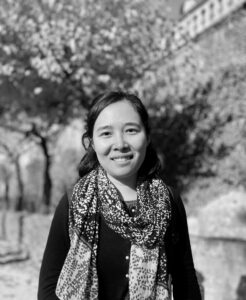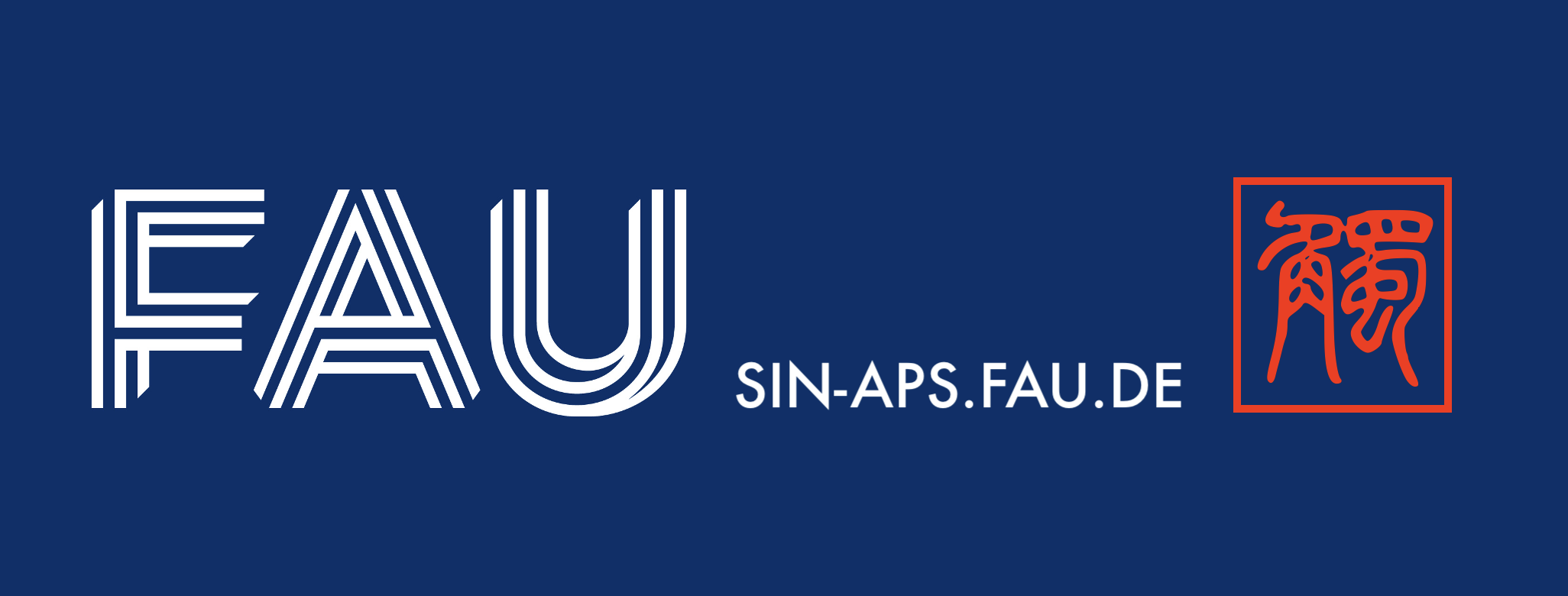Sijia Cheng
 Sijia Cheng is a postdoctoral fellow in the research group “Quantification from Europe to East Asia” at sin-aps. Her research and teaching interests revolve around the various realms of knowledge and governance in early modern and modern Chinese history. Her ongoing postdoc research project explores the quantitative assessment of intelligence in twentieth‐century China, with a focus on the popularization of intelligence tests. She is interested in examining the following research questions: How were the reception, adoption, and implementation of intelligence tests in modern China? What was the knowledge production of numerical calculation, factual claims and interpretations of certain numbers and indicators (for instance, IQ scores)? Within the intellectual efforts of adapting modern notions of intelligence and scientific approaches to intelligence measurement, what was the negotiation of different values and techniques, and how was its relation to China’s past? How to understand China’s experience within a global craze for understanding intelligence as a measurable biological entity?
Sijia Cheng is a postdoctoral fellow in the research group “Quantification from Europe to East Asia” at sin-aps. Her research and teaching interests revolve around the various realms of knowledge and governance in early modern and modern Chinese history. Her ongoing postdoc research project explores the quantitative assessment of intelligence in twentieth‐century China, with a focus on the popularization of intelligence tests. She is interested in examining the following research questions: How were the reception, adoption, and implementation of intelligence tests in modern China? What was the knowledge production of numerical calculation, factual claims and interpretations of certain numbers and indicators (for instance, IQ scores)? Within the intellectual efforts of adapting modern notions of intelligence and scientific approaches to intelligence measurement, what was the negotiation of different values and techniques, and how was its relation to China’s past? How to understand China’s experience within a global craze for understanding intelligence as a measurable biological entity?
Prior to joining the Chair for Sinology with a Focus on the Intellectual and Cultural History of China at FAU Erlangen-Nürnberg, she received her MA in Chinese Studies and Transcultural Studies from Heidelberg University. She completed her PhD in Chinese Studies from Heidelberg University in 2024, with a doctoral dissertation titled Turning Filth into Wealth: A Cultural History of Bodily Waste in Late Imperial China. Her dissertation examined the social valorizations of human and animal waste as valuable agronomic resources, and provided in-depth research on the dynamic interplay between excremental technology, agronomic ethics, imperial governance, and sociocultural conditions in early modern China. She is currently turning her dissertation into a book.
Sijia Cheng
Institute for Near Eastern and East Asian Languages and Civilizations
Chair for Sinology with a focus on the Intellectual and Cultural History of China (Alexander von Humboldt-Professor)
Hartmannstraße 14, D3
91052 Erlangen
- Phone number: +49 9131 85-64325
- Email: sijia.cheng@fau.de
No publications found.
